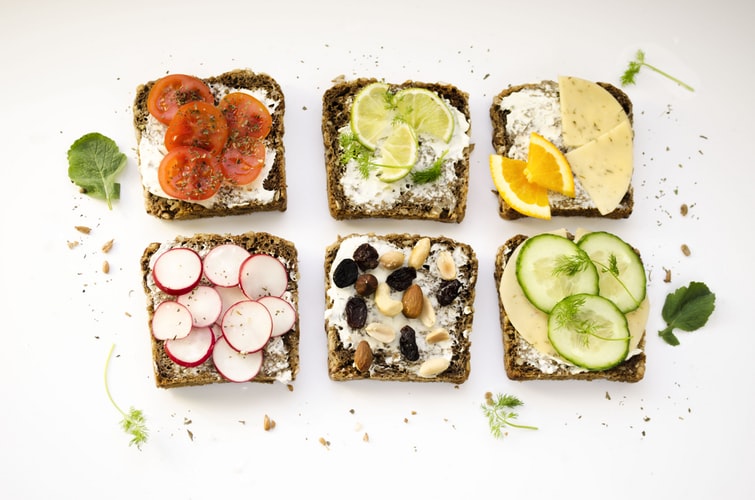‘Healthy mind, healthy body’ is more than just an old cliche. In order for you to function at your peak mental capacity, you need to make sure you look after other aspects of your health too, such as diet and sleep. Nowadays memory along with the brain’s abilities are understood to change or slow with age, rather than diminish – age-related memory loss is therefore not inevitable, though some lapses will occur. This could be occasionally where you’ve left your keys, or difficulty remembering details in a conversation, or perhaps occasional indecision.
You’re probably still fairly young and wonder how this is relevant to you but keeping your mind sharp from an early age means you could retain better cognitive abilities later in life. Starting early is great for getting into the habit and to enjoy your improved memory for longer.

Food for thought
The importance of food for good mental abilities shouldn’t be taken for granted, not just in what to eat but also what to avoid. Foods such as kale, spinach, carrots, seafood, and citrus fruits are high in antioxidants such as vitamins C and E, as well as carotenoids. These protect the brain from oxidation. In addition, oily fish like tuna, mackerel, and salmon) and olive oil contain Omega-3 fatty acids. Leafy green vegetables, poultry, cereal, and milk are rich in B vitamins, while peas, nuts, beans have important minerals such as magnesium and zinc. These will all give your brain the much-needed boosts it deserves. It’s also important to keep well hydrated. Carry a water bottle with you for regular top-ups.

Work it out
The brain’s performance depends greatly on blood flow. It alone requires 20% of the body’s oxygen intake, and nothing improves blood flow like exercise. Cardiovascular exercises increase blood flow, which allows your brain to be alert and perform better. Choose something you enjoy, whether it’s swimming, cycling, jogging, football or even Quidditch, you’re more likely to commit regularly if you like the activity. If you haven’t exercised much, don’t over exert yourself and keep sessions short. Start by aiming for at least 20-30 minutes three times a week.

Forty winks
Life’s so busy nowadays that it’s easy to neglect sleep and work longer hours instead. However, this is detrimental in the long run, as poor sleep correlates to heart disease, depression, obesity, and poor mental health, amongst other issues. It can also impair memory. Good sleep allows the brain to consolidate and sort information that you’ve learnt during your waking hours. This requires 7-9 hours sleep for a typical adult. Sleeping well leaves you alert to learn more the next day. Establishing a daily night time routine helps you prepare for better sleep. This could involve taking a bath, reading, avoiding screens 1 hour before bed, and not having caffeine after 5pm.

Stress not
Whether you choose meditation, yoga, breathing exercises or another relaxing activity, reducing stress levels greatly benefits many aspects of your memory and mental wellbeing. Try not to multi-task. Instead focus on completing tasks in succession so that you can concentrate better and improve your efficiency. Making time for frequently relaxing alone and with friends and family helps to alleviate pressure. Looking after your mental health also keeps you motivated and in positive spirits to learn and memorise more.
You might also like:
